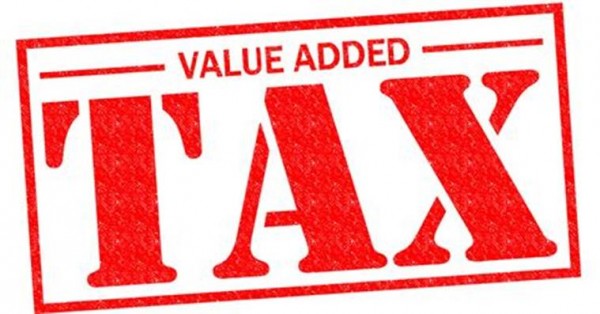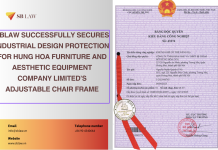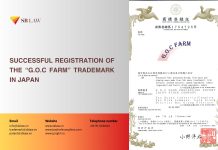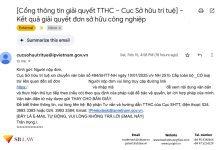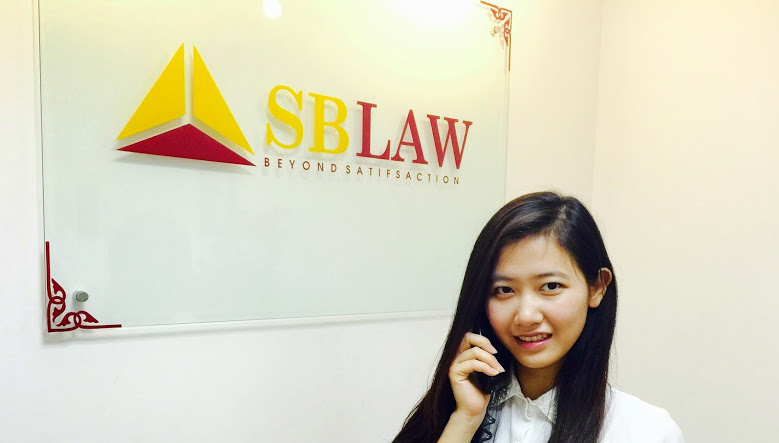Until last month, it was understood that no Intellectual Property license was subject to value added tax VAT under Vietnamese law, benefiting from an exemption based on the principle that technology transfers, being beneficial to the Vietnamese economy, were to be encouraged. This, however, has changed after the Ministry of Finance issued Official Letters No. 10453/BTC-CST and No. 15888/BTC-CST.
Firewall Cisco| | Juniper switch | Router cisco | thiết bị mạng cisco | thiết bị chống sét | Bộ lưu điện UPS
Under the new guidance from the Ministry, transfer of the right to use a trademark is no longer exempted from VAT, and a 5% tax rate will now apply to these transactions. The rationale behind this change lies in the understanding that trademarks licenses do not form part of agreements which should fall under the technology transfer tax exemption. Businesses have expressed their disagreement with the change, though ultimately the cost of VAT will fall on the Vietnamese customers.
Official Letters are not pieces of legislation, but simply aim to clarify how the competent bodies will apply the regulations. Accordingly, it remains to be seen whether the taxing authority will apply the same principle to types of IP licenses other to franchises or other uses related to trademarks. It is not inconceivable that similar steps be taken in some cases of copyright licensing which may not be understood as falling under the umbrella of technology transfer.
Intellectual Property Right owners and licensors are encouraged therefore to review their IP licensing contracts in Vietnam to ensure that the relevant VAT is declared correctly for each royalty payment agreements. The new guidance partly applies retroactively, so that all license fees dated after November 7th 2016 would be subject to the new added VAT. Royalties which have not been paid and filed by that date are subject to the new guidance.
Acording to lexology.com


